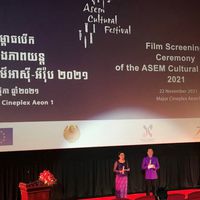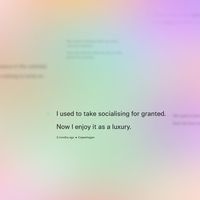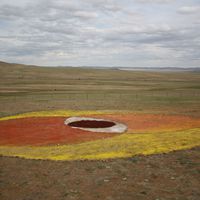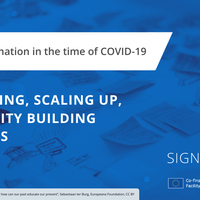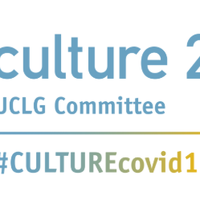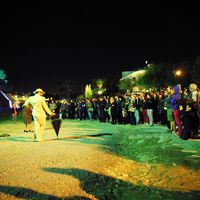Salzburg Global Seminar report | What Future for Festivals?
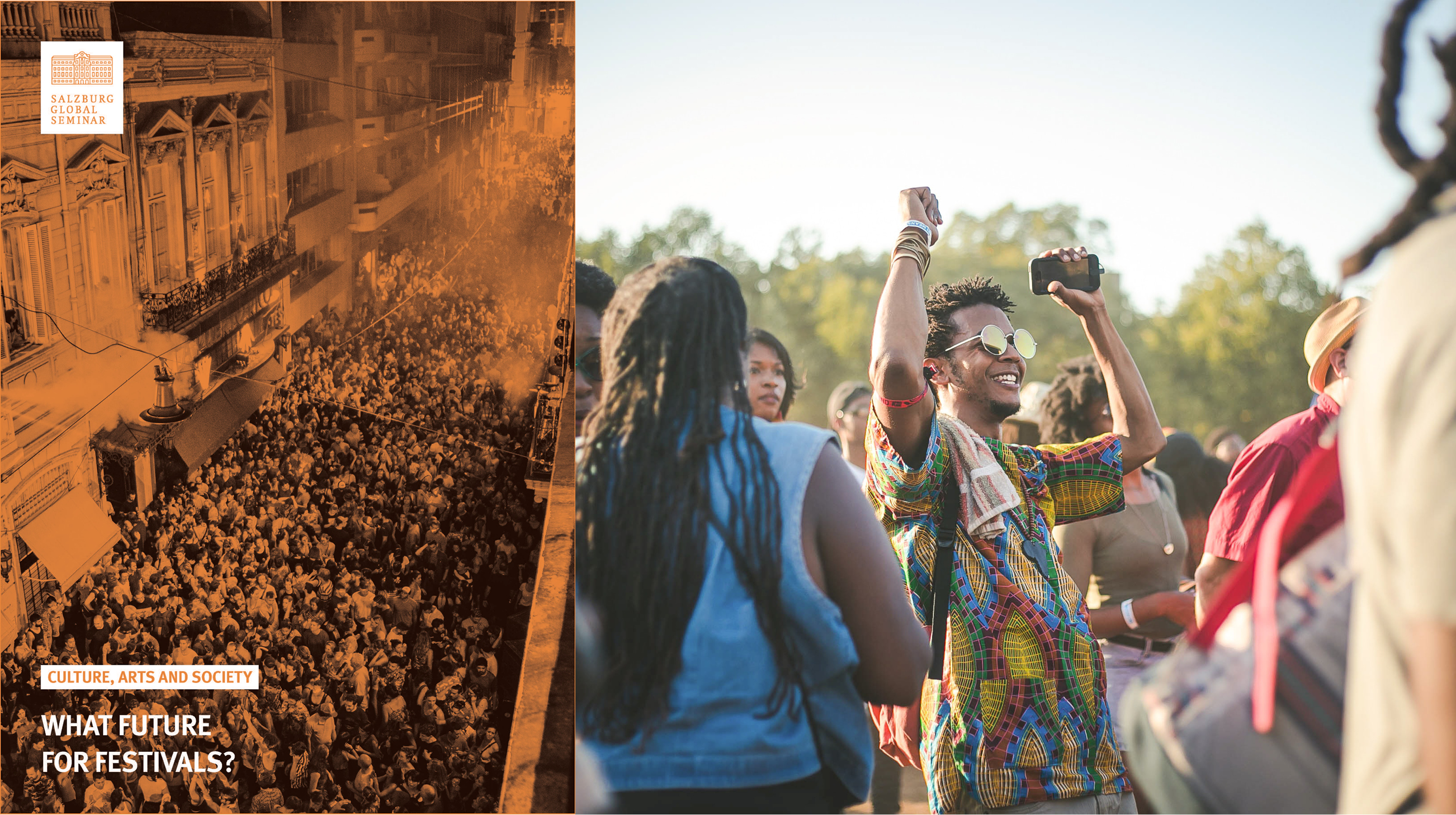
One hundred years ago at Schloss Leopoldskron, Max Reinhardt, Richard Strauss and Hugo von Hofmannsthal founded the world-renowned Salzburg Festival as a “Festival of Peace” to transform “the whole town into one stage.” To celebrate this centenary so inextricably linked with our home – Schloss Leopoldskron – Salzburg Global Seminar originally scheduled the program What Future for Festivals? for March 2020. However, due to the COVID-19 pandemic, the program was postponed to October and subsequently moved online due to continuing travel restrictions and health regulations.
Little did we know while developing the session in 2019, just how compelling and urgent the question at the center of our program – what future for festivals? – would be. Few sectors have been hit as hard by the pandemic as the cultural sector, with festivals being particularly vulnerable to the fallout from the compounded global crises – not just COVID-19, but also the climate crisis, and worldwide social and economic upheaval.
We know that festivals of all types and sizes have energized communities since time immemorial. Rooted in rituals, stories and faiths, they have embodied local and indigenous cultures and celebrated deep bonds to nature, land and the seasons. Modern festivals range from intimate experiments to gigantic mega-events, showcasing ever more diverse creative practices, from the performing, visual, and traditional arts to photography, film, literature, street arts, food, light, design and ideas-based, future-focused, eco-inspired events. Whatever their intended focus – creative innovation, activism, city branding, wellbeing, community building, pure entertainment – festivals have always spoken to fundamental human needs. They have allowed us to share in a density and intensity experience, revel in specialness beyond day-to-day routines, and join – as the German word “Festspiele” infers – in “celebration and play.”
But what is the future of festivals as we look ahead to continuing travel constraints, unpredictable limitations on public events, and looming economic crises? And, even with COVID-19 vaccines now forthcoming in some parts of the world, how will both the festival landscape and festival goers themselves have changed in the interim? How will festivals adapt and cope with these altered circumstances? These and many other questions were at the center of our online discussions in October and November 2020.
This report and the accompanying series of thought-pieces authored by several program participants (to be published weekly from February to April 2021) share reflections on the past year and insights on the challenging path ahead for festivals. While we identified even more questions than answers during our conversations, one thing is certain: we need festivals now more than ever. The coronavirus pandemic has brought into sharp relief that festivals are not just “nice to have” – we must have them to thrive and not just survive.
Human beings need to gather, to celebrate, they need their spirits to soar, to witness artistic genius, to feel chills and goosebumps run down their spines, to revel in the thrill of live performance and shared experience, to clap and be applauded, to amaze and be amazed, to laugh, shout, and be joyful together.
Without such experiences we may function, but we will not be truly alive.
Similar content
posted on
14 Jan 2021
09 Jul 2020
deadline
22 May 2020

